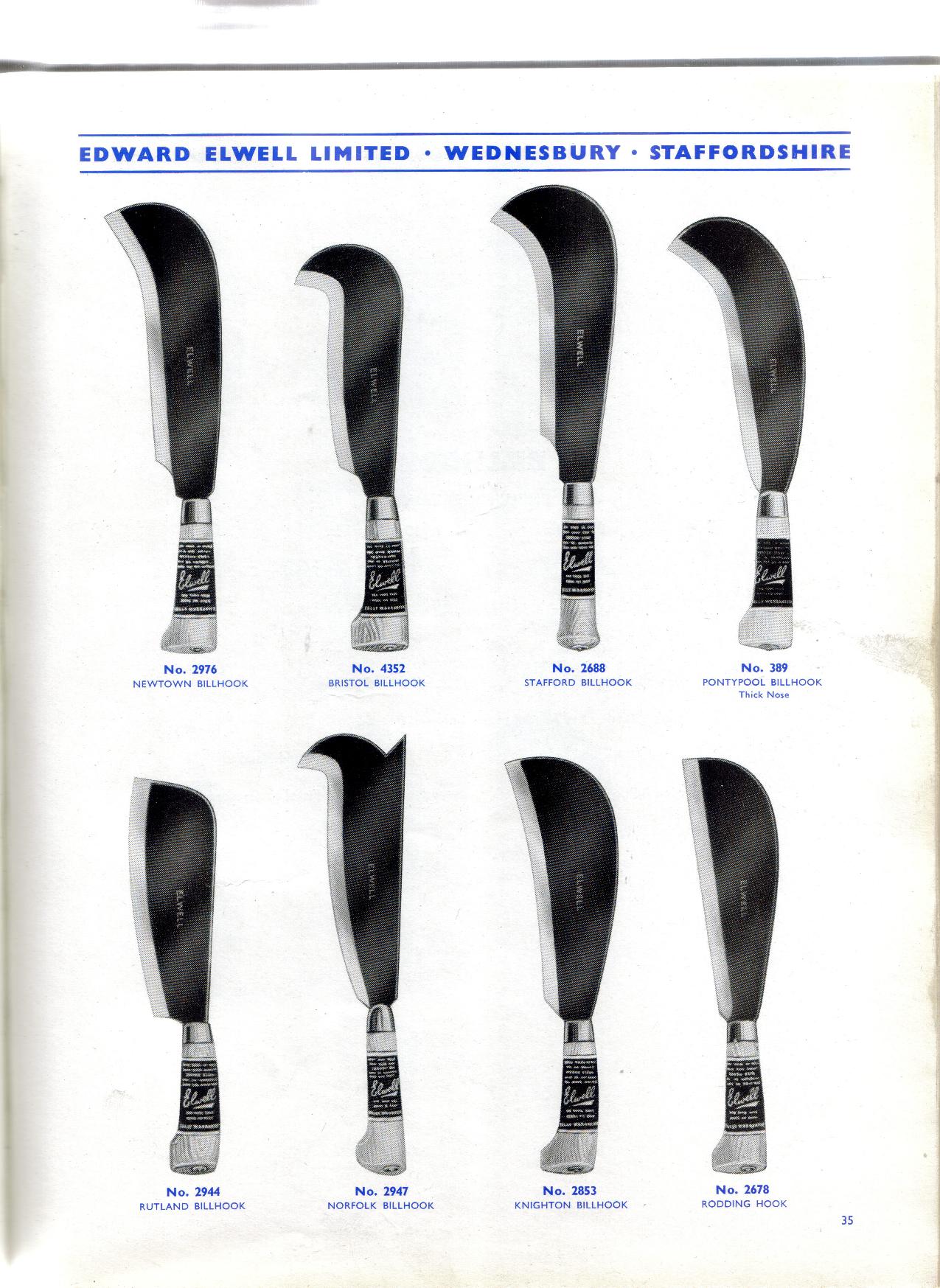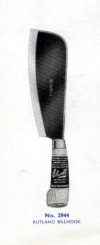- Joined
- Nov 7, 2016
- Messages
- 796
Aside from structural differences, you have yet to make any sound argument why a full tang hawk is a billhook. They are really radically different tools for different uses.
Wikipedia,
"The billhook is a traditional cutting tool used widely in agriculture and forestry for cutting smaller woody material such as shrubs and branches and is distinct from the sickle. It is very common in the wine-growing countries of Europe."
Amazon
"A bill hook is a tool commonly used in the garden. Originally, the bill hook was developed in ancient times as a tool used in agriculture. It later became a popular fighting knife and weapon. The bill hook is a steel blade knife with a hook at the end and looks a bit like a cross between an ax and a knife."
Machete specialist,
"Uses: Billhooks are generally used for cutting around small woody material, such as grape vines, shrubs and branches. Also used for hedge construction and maintenance,"
I would not say they have radically different uses. I would say they have very similar uses. "Looks a bit like a cross between an ax and a knife" could be a description of either if we are discussing flat stock. To be honest, the bill hook seems to be far more useful than the flat stock "axes" I have handled.




